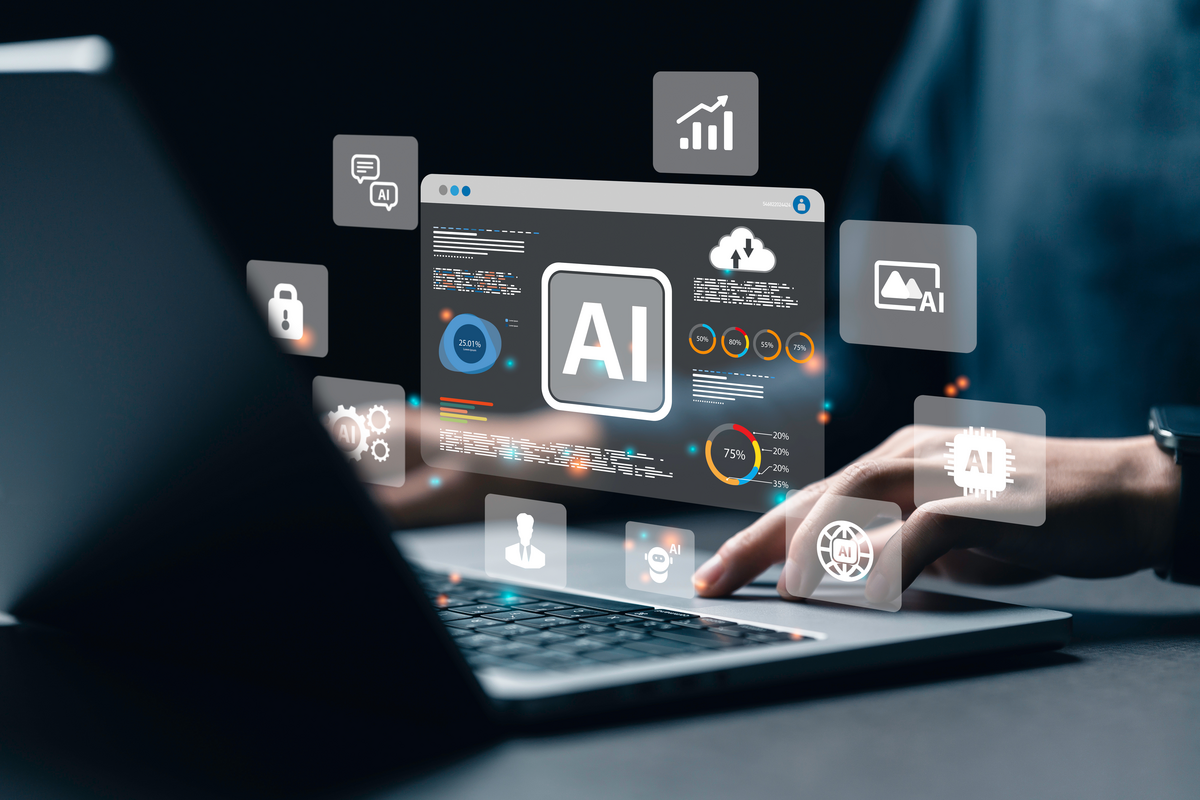Warren Buffett is known as one of the greatest investors ever. As the CEO of Berkshire Hathaway, he has a long and successful track record of allocating capital.
One of the conglomerate's most successful investments has been Apple (AAPL 0.93%), which it first purchased sometime in the first quarter of 2016. Since the start of that year to Oct. 27, 2023, the top FAANG stock has skyrocketed 540%, a gain that crushed the 153% rise of the Nasdaq Composite during that time.
But with a current market cap of $2.7 trillion and a trailing price-to-earnings ratio of 28.3, why does Buffett still own Apple shares? I think there are four likely reasons.
1. A forever stock
The Oracle of Omaha has previously stated that when he finds a wonderful business, his favorite holding period is forever. A quick look at Apple shows that this is a truly outstanding company.
Apple has a wide economic moat thanks to its strong brand. And because of its sticky ecosystem, there are significant switching costs for customers. Plus, the business has consistently been able to increase revenue and earnings throughout the years, all while generating massive amounts of free cash flow.
If Buffett believes the company is still on solid footing, then there's no reason to interrupt the compounding that's going on. Selling the position would also likely trigger a sizable tax bill for Berkshire.
2. Market-beating potential
Another possible reason Buffett still owns the stock is because he believes it still has the potential to beat the broader market. Its huge market cap and expensive valuation might reduce the chances of this happening, though, which is what most observers (me included) are thinking.
However, if Buffett still thinks Apple can generate strong returns over the next five years, then of course there's no reason to sell.

NASDAQ: AAPL
Key Data Points
3. Passive income and increased ownership
With the more than 915 million shares it has, Berkshire currently owns a 5.9% stake in Apple. This easily makes it one of the company's largest shareholders.
For many years, investors wondered what Apple was going to do with all the cash it was generating. About a decade ago, the business started adopting a more shareholder-friendly capital allocation policy of paying dividends and repurchasing its own stock.
Through the first nine months of the current fiscal year, the Mac maker paid out $11.3 billion in dividends. This means that Berkshire received $667 million in passive income thanks to its equity position in the business. That's extremely valuable for the conglomerate because it can find ways to redeploy the cash to other parts of its sprawling operations.
And between the fiscal 2018 third quarter and today, Apple reduced its outstanding share count by 20%. This increases the ownership stake for Berkshire, which leads to a greater share of that dividend income over time.
4. Where to redeploy that cash?
When thinking about selling a holding, it's important to consider the opportunity cost. In other words, what potential returns would Berkshire forego if it exited its entire Apple position, which is valued at $157 billion right now?
Berkshire already has a massive amount of cash on its balance sheet worth about $147 billion (it includes cash, cash equivalents, and short-term investments). Buffett hasn't yet found any compelling opportunities to invest that capital. Selling Apple would add to this problem, leaving Berkshire with too much cash that would be earning an inadequate return.
Even given its huge size and arguably expensive valuation, perhaps Buffett sees Apple shares as a better investment than holding cash.





